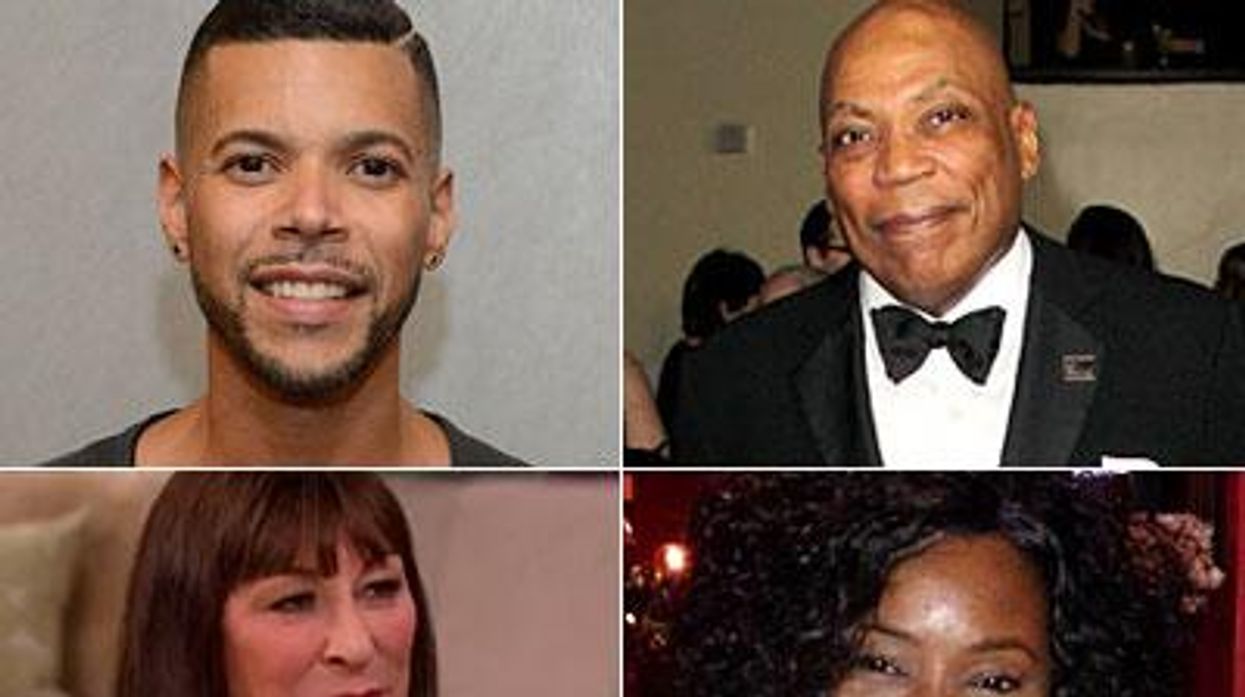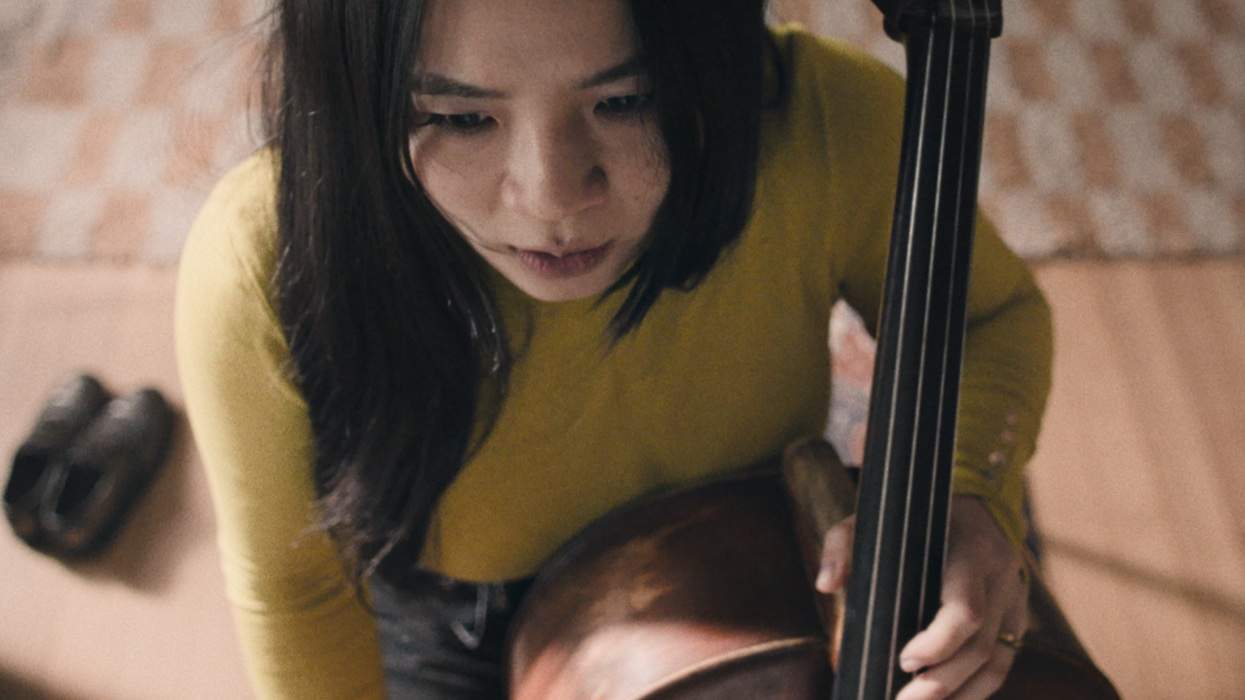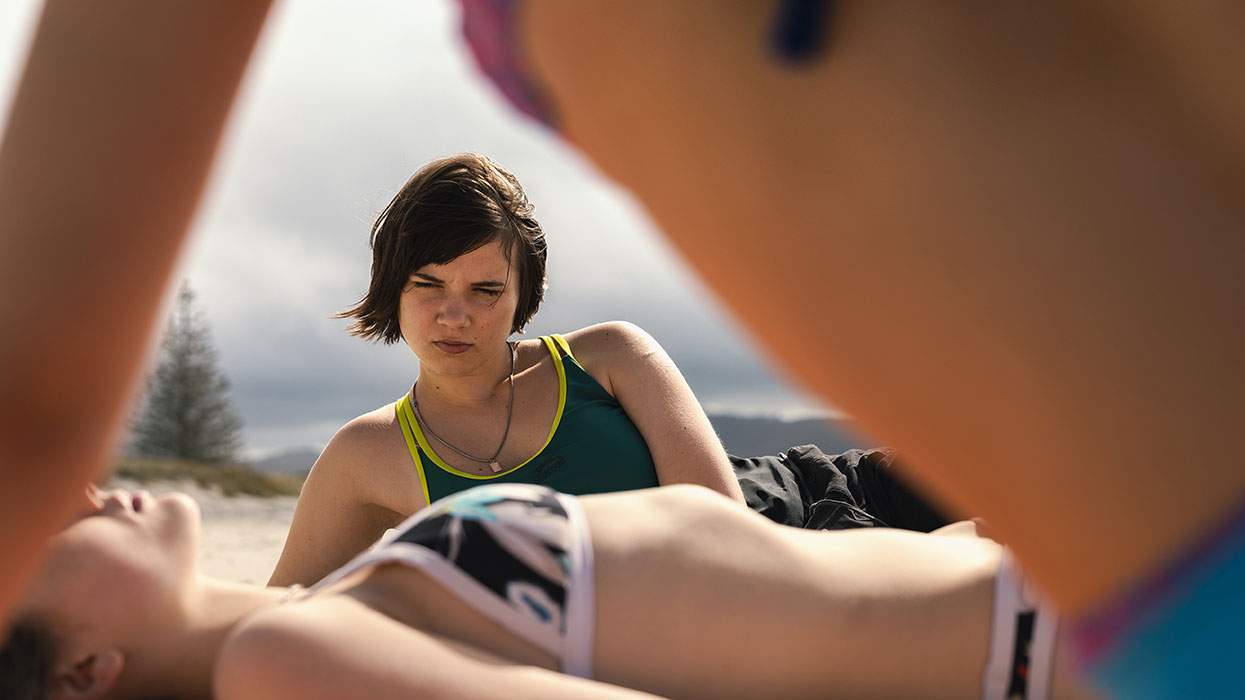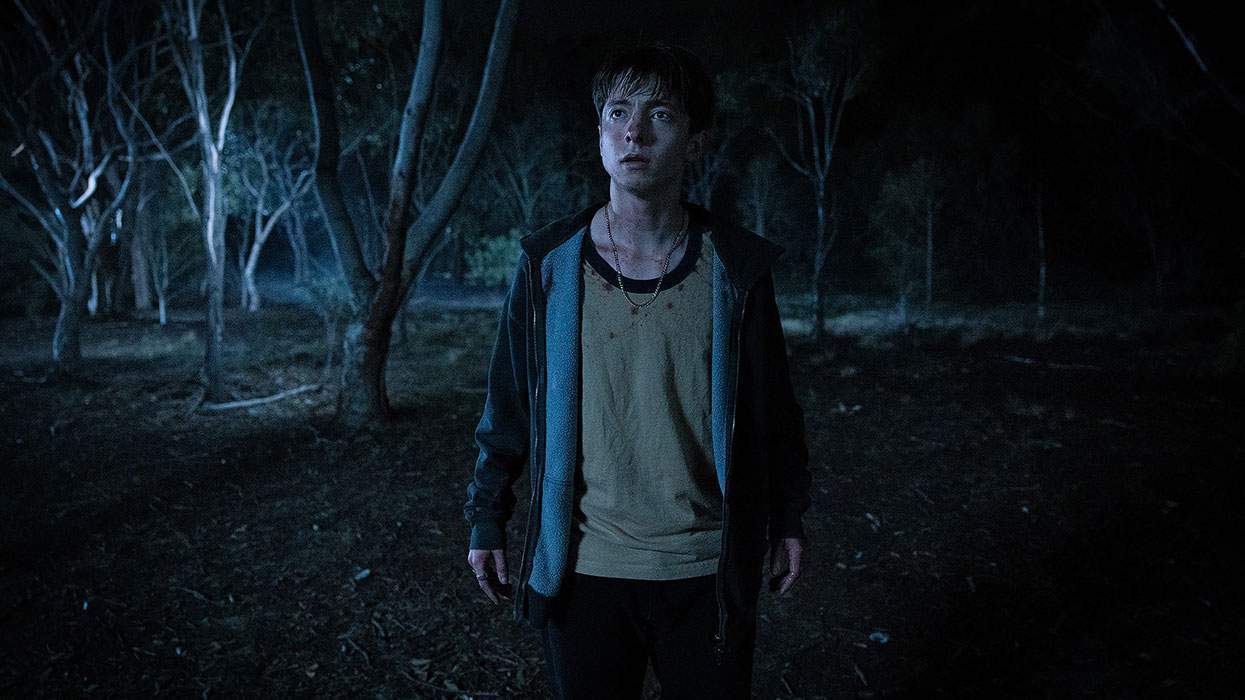This year, the 86th Annual Academy Awards honored only one feature film that prominently showcased an LGBT character: Dallas Buyers Club, in which Jared Leto took home Oscar gold for his portrayal of Rayon, an HIV-positive transgender woman.
Leto commited to his portrayal of this character. In interviews, he spoke about the extensive conversations he had with transgender people, his shocking weight loss, and his refusal to leave character during the nearly month-long production of Dallas. His recognition of Best Supporting Actor at both the Golden Globes and the Academy Awards is further testament to his stellar performance.
Despite these accolades, or perhaps because of them, the casting of a straight, cisgender man as a trans woman has generated controversy. At a recent California awards ceremony, Leto was heckled by a trans activist, who said: "You don't deserve an award for portraying a trans woman, because you're a man." Calpernia Addams, a trans actress and his voice and acting coach for the role, acknowledged that discrimination in casting trans actors in films is a problem, but came to Leto's defense in an op-ed for The Advocate: "Please do hire trans actors for any role, especially trans roles. But please let's not shoot ourselves in the foot by attacking allies willing to open the door for us as we approach equality."
But there is an another facet of Leto's casting that is a reminder to some of the systemic problems that continue to hinder the progress of diversity in Hollywood: his race. As an entirely fictional character, Rayon could have been cast with an actor of any background. In fact, Gael Garcia Bernal, a Hispanic actor, was briefly in talks for the role, but the part ultimately went to a straight white celebrity, rather than a lesser-known minority actor.
So where are the Oscar-nominated films that feature LGBT people of color? While it is not unheard of for a Hollywood picture to feature stories that deal with both race and queer issues, it is rare to see a film tackle both. There are notable exceptions -- Six Degrees of Separation, The Crying Game, and The Color Purple among them -- but the number is small when compared with the burgeoning number of diverse characters that appear on television and media services like Netflix.
Taj Paxton, the head of programming at Outfest Fusion -- a Los Angeles film festival slated for March 14 to 16 that features racially diverse LGBT movies like Blackbird, starring Mo'Nique, or Alec Mapa's Baby Daddy, which explores the gay Filipino-American's journey of fatherhood -- says one of the major reasons for this divide is that screenwriters who would be in a position to write for major films simply aren't creating parts for minority characters. These roles are rare, and casting the right actor can present its own challenges. "There are a lot of variables," Paxton says. "You need to a) have people of color, then b) they have to be LGBT. And then they have to have the opportunity to be given great work and turn in a great performance."
Paxton, who is the former director of entertainment media at GLAAD, says the cause of this scarcity is rooted in the difficulty of financing a film that predominantly features any minority character. She points to the business model predominantly employed by the film industry, "bank on stars and bank on franchises," as a key obstacle to telling more diverse stories at the box office. She also asserts a film like Dallas Buyers Club, which already took 20 years to produce, may have taken twice as long to release if Rayon had been played by an actor of color.
"The business mechanism undervalues people of color," explains Paxton. "And by business mechanism, I mean the system of how films are sold and packaged internationally: the numbers that are used and the Q Scores that determine a star's value, in turn determine the budget and visibility of your projects," she says, referencing the "Q" or quotient factor that measures the public's familiarity with a celebrity or brand. "That system unfairly devalues a person of color. Morgan Freeman, in all of his greatness, will not get you the same budget that Tommy Lee Jones will."
Including Freeman, Paxton says there are "10 actors, tops," whose Q Scores can compete in Hollywood's economic model: "Samuel Jackson, Morgan Freeman, Will Smith, Don Cheadle, Anthony Mackie, and the five leading men of Best Man Holiday." Of these, only Anthony Mackie has played a gay character in the past several years. (Will Smith portrayed an LGBT role in Six Degrees of Separation in 1992, but neither the film nor Smith received an Oscar nomination.)
Paris Barclay, who made history by becoming the first black gay president of the Directors Guild of America, also cites the economic downturn of the entertainment industry as an impediment to greater diversity. At Icon Mann's "Power 50," a pre-Oscars dinner honoring accomplished black men in Hollywood and beyond, Barclay spoke to The Advocate about the difficulties in financing projects with minority characters.
"All films that aren't blockbusters right now are having trouble getting made. If you're not a huge picture, you've got to be a really small picture, because the risk is too great. They'll give you $10 million dollars or they'll give you $180 million dollars. And our stories tend to be the ones that are in-between. They're bigger production. There's more makeup," the Sons of Anarchy director said, laughing.
"We can do the gritty things that look like Looking," he continued, refering to HBO's new series. "And those play at Outfest and have their place. But to really be a mainstream film -- we're not going to get that kind of support at the studio level that will really give us the promotion and really put them out there."
"I'm going to have to get my own studio," he mused with a grin, before referencing a planned biopic of the closeted black congresswoman Barbara Jordan, set to be portrayed by Viola Davis. This studio would fill a much-needed space. Even so, Barclay contends that his identity as a black gay man has been his greatest strength in Hollywood, where he has enjoyed success in directing a variety of hit television shows that range from Glee, and Sons of Anarchy, to The Good Wife.
"It gives me a little extra advantage I think," he says. "When you're gay, you're not only fabulous, but you also have a great deal of sensitivity to other causes. ...The whole world touches us in a different way."
GLAAD representative Wilson Cruz, an actor who broke television barriers by playing one of the first gay teenagers on ABC's My So-Called Life, believes the business model employed by studios is broken. As the United States grows to become more racially complex and tolerant of LGBT people, films are now being viewed by a vastly diverse global audience. He says formulas that Hollywood has employed to attract audiences no longer apply, arguing that the industry should perhaps turn to the smaller screen as an example.
"It's no coincidence that as Hollywood film has lost revenue and cultural relevance to television in recent years, TV has featured increasingly more diverse characters and groundbreaking stories," Cruz says. "Meanwhile, the mainstream film industry has grown more 'risk' averse, but they desperately need to recognize that the real risk here is alienating a whole generation of moviegoers who expect to see the full diversity of their own communities and peer groups reflected in the media they consume."
"For Hollywood's long-term viability, the film industry needs to make telling diverse stories an institutional priority from the scripting stage to the screen," he concludes.
But where the big screen flounders, television and streaming services have been quick to pick up the slack. Shows like ABC's Modern Family, FOX's Brooklyn Nine-Nine, Netflix's Orange Is the New Black, and ABC Family's The Fosters have demonstrated that the diversity of a cast can engender high ratings and critical acclaim. And big names are paying attention.
Anjelica Huston is an Academy Award-winning actress who recently made the transition to television. She portrayed a Broadway producer on NBC's Smash, another show that was rich with minority characters. A jump from the big to small screen was unprecedented for thespians just a few years ago. But forerunners like Claire Danes on Showtime's Homeland, Jessica Lange on FX's American Horror Story, and Kevin Spacey on Netflix's House of Cards (as the bisexual politician Frank Underwood) have demonstrated that what was once considered a death knell for an actor can now be a golden opportunity not only for a career, but also for broadcasting tolerance of others.
"TV is ahead of the curve now, because it lives in people's living rooms. People relate to it on a day-to-day basis," Huston told The Advocate last month on the red carpet of L.A. Italia, a celebration of Italian film and culture, where she was being honored for her onscreen achievements. "But I think what's going on in television really relates to people in their everyday lives. And I think that the way these subjects are being tackled is becoming more modern and more comprehensive. The more we know about each other, the less we have to judge."
Ultimately, it is the task of people in their everyday lives to seek out diversity, if they would like to see these changes reflected onscreen, concludes Outfest Fusion's Taj Paxton.
"We have to count on each other as a media culture, as an audience to say, 'I want to see different kinds of people.' And I think that would require us, as people, to have a higher cultural intelligence," she says. "Does everyone in your circle think like you? Look like you? Then that means your world is small. So until we understand that our worlds are made bigger by diversity, then we will continue to have these challenges."















Charlie Kirk DID say stoning gay people was the 'perfect law' — and these other heinous quotes
These are some of his worst comments about LGBTQ+ people made by Charlie Kirk.